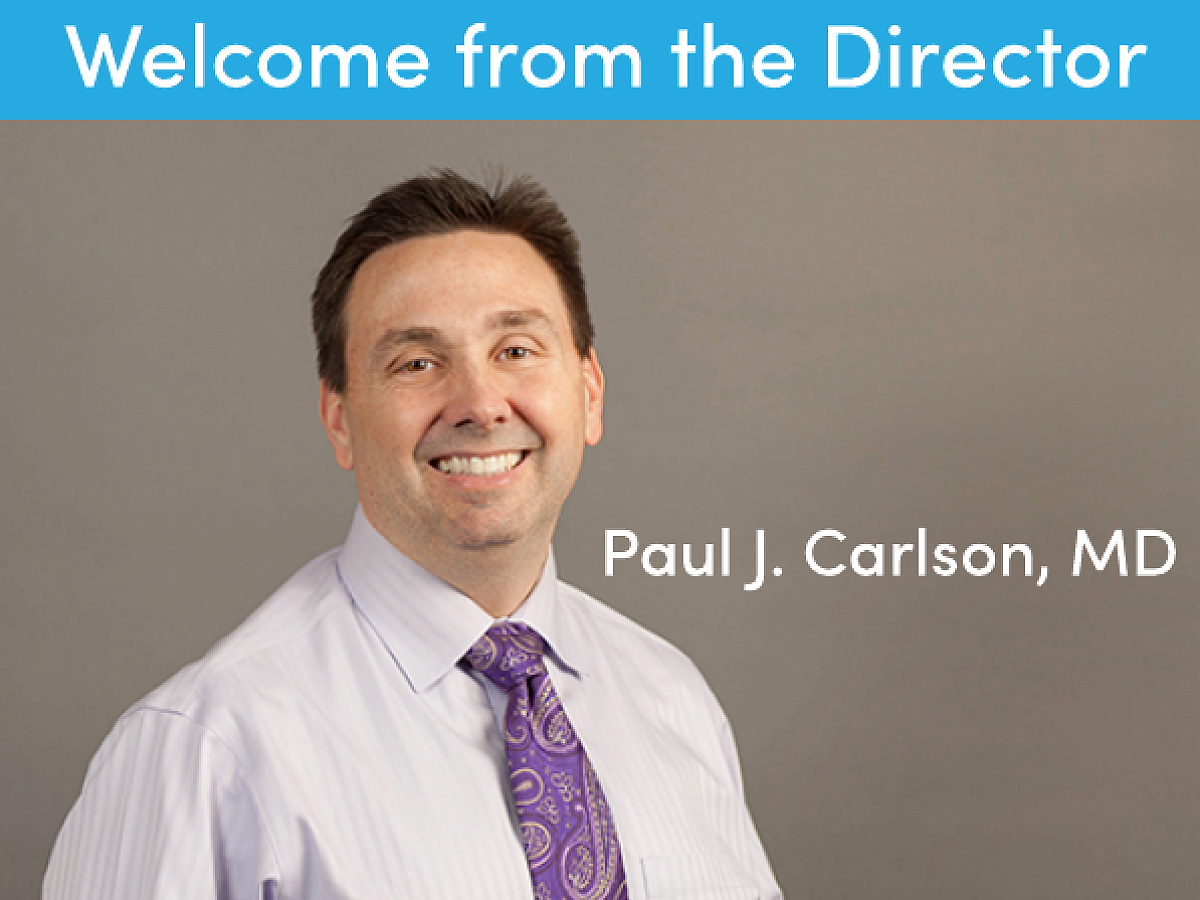
Didactics & Conferences
Didactics Structure
Residents have two half-days per week dedicated to learning. For PGY-1 and PGY-2 residents, these sessions are on Tuesday and Wednesday afternoons. PGY-3 and PGY-4 residents have both half-days on Wednesday. During these times, residents are free from clinical duties, allowing them to focus on lectures that cover contemporary foundations of psychiatry from biological, psychological, and social perspectives.
Wednesday Afternoon Sessions
On Wednesday afternoons, all residents gather in the auditorium for joint learning sessions. These sessions offer opportunities for:
- PGY-1 residents to discuss seminal or emerging research papers.
- PGY-2 residents to present interactive case conferences on valuable learning topics.
- PGY-3 and PGY-4 residents to present on topics of their choosing.
- Guest speakers from topics endorsed by the program tracks & concentrations (e.g., women’s mental health, global mental health, neuropsychiatry, community mental health, and research track) to deliver presentations.
These joint sessions foster camaraderie among residents across different years, enabling junior residents to learn from their senior counterparts and vice versa.
Cohort-Specific Half-Days
The second half-day is dedicated to cohort-specific meetings, fostering tight-knit PGY classes. This tailored learning approach allows PGY-1 residents to focus on fundamental topics like honing diagnostic skills through case-based learning, while senior residents delve into more specialized topics, such as developing psychodynamic formulations for psychotherapy patients. Residents are encouraged to provide feedback on their learning experiences to ensure continuous improvement in didactic instruction.
PGY-1 Didactic Series
The PGY-1 class is split into two groups over the year: on-service rotations, where residents focus on psychiatric rotations, and off-service rotations, where residents are assigned to internal medicine, neurology, or emergency department rotations and follow the didactic schedules of those services. During on-service rotations, PGY-1 residents cover interviewing skills, developing biopsychosocial formulations, DSM-5-TR-based diagnostic reasoning, introduction to supportive psychotherapy, an overview of relevant psychopathology, including social and biological aspects, and introductory psychopharmacology, covering psychiatric medications, mechanisms of action, indications, dosing, side effects, and relevant literature.
PGY-2 Didactic Series
PGY-2 residents have increased exposure to psychotherapeutic techniques, including mindfulness, Cognitive Behavioral Therapy (CBT), Dialectical Behavior Therapy (DBT), Acceptance and Commitment Therapy (ACT), interpersonal psychotherapy, and existential psychotherapy. They are also assigned a longitudinal psychotherapy patient, with didactic sessions aiding in the development of their psychotherapeutic skills. Additional topics include neuroscience, genetics, epidemiology, and introduction to research principles.
PGY-3 and PGY-4 Didactic Series
PGY-3 and PGY-4 residents share many lecture blocks, particularly the seminar on psychodynamic psychotherapy. This seminar allows residents to explore psychodynamic approaches to therapy and PGY-4 residents to present psychodynamic formulations for their longitudinal psychotherapy patients. Senior residents also engage in advanced psychopharmacology courses, reviewing treatments for common psychiatric illnesses informed by their inpatient and outpatient experiences.
Support Healthy Minds, Give Today
Please help the Department of Psychiatry to expand our clinical care, research and academic programs. Donate here!

